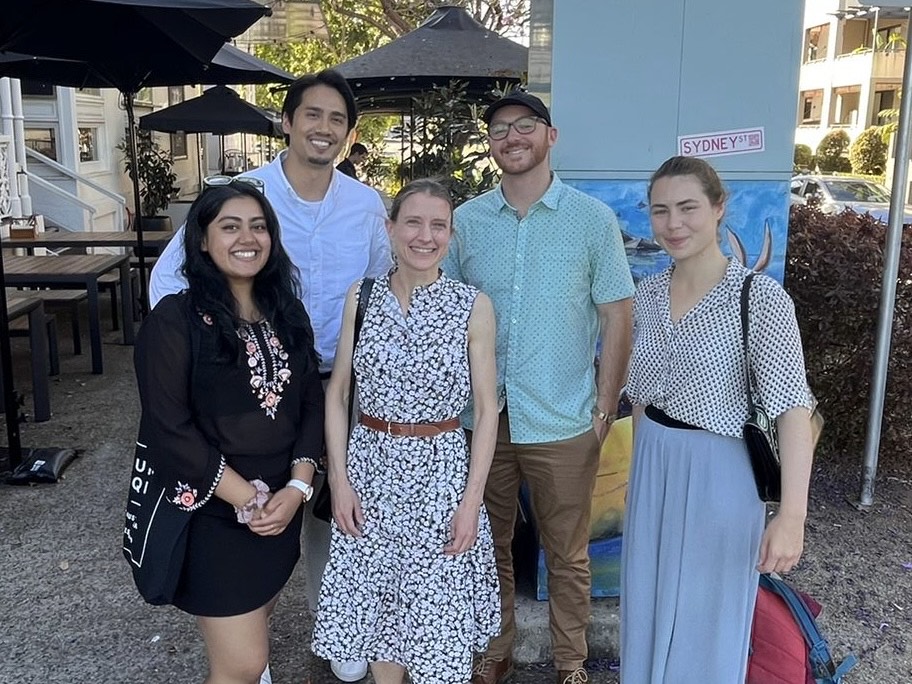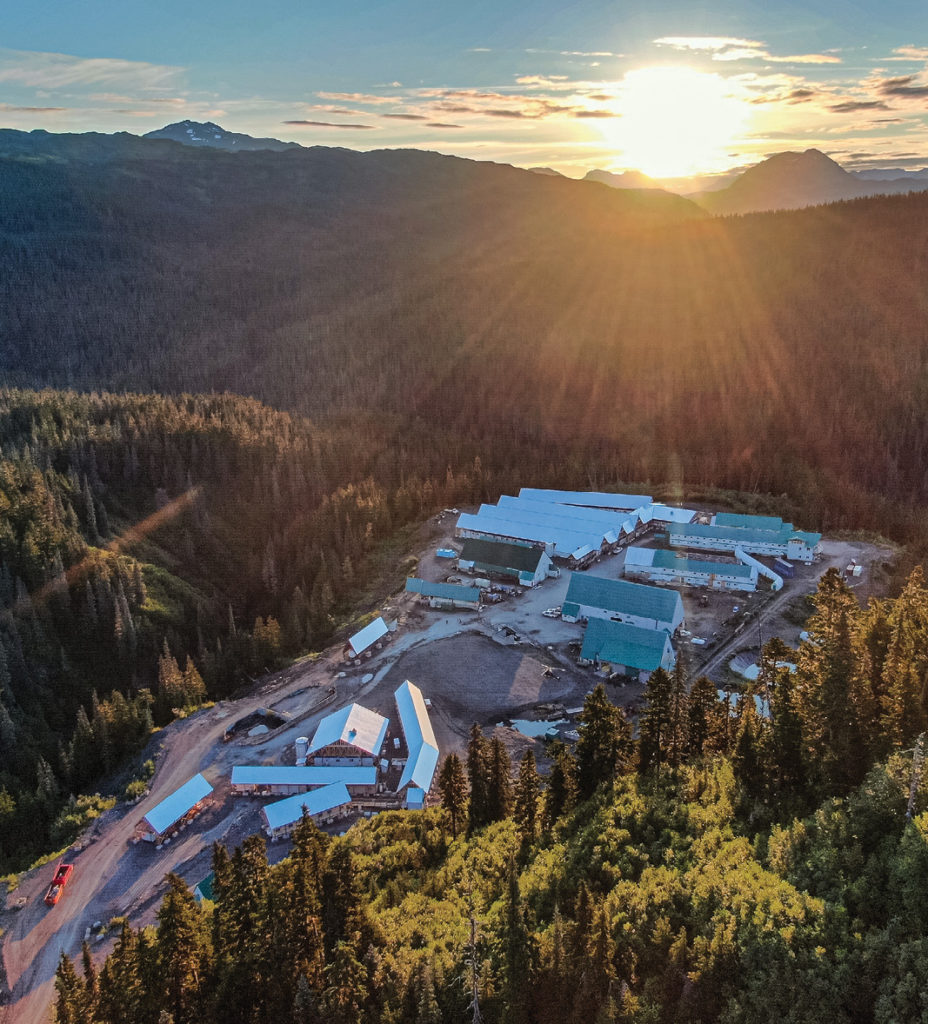Why government transparency matters for B.C.’s mining sector
UBC study recommends updating government transparency strategies
The government of British Columbia is determined to improve transparency in the mining sector. Mining companies and communities are preparing for a surge of activity to meet the metals and minerals demand for green technologies. This means a flood of information will be inundating government employees covering a range of issues, including deposits, job creation, permits, waste, consultation, and water and air quality.
A team of graduate students from the University of British Columbia (UBC) are recommending a citizen-centric approach for the online presence of the B.C. ministry of energy, mines, and low carbon innovation. The team of four studied the “B.C. mine information” website and supporting infrastructure, comparing it with mining hubs in Canada and abroad that share similar socio-political conditions. Expert interviews in Queensland, Australia, served a key role in their findings.

Government’s role as information provider
The study found that governments are often at risk of dumping highly technical data on the public. These efforts aim for transparency, but can lead to confusion among diverse audiences in practice.To combat this risk, an accessible ecosystem is needed to ensure citizens can make informed decisions about mining in their communities. B.C. ramped up transparency efforts following the 2014 tailings dam failure in Mount Polley. The disaster challenged public perception towards the industry and regulation in the province. Efforts continue within the government to increase the reliability of information presented, and determine the appropriate level of synthesis.
Premier David Eby emphasized the importance of equity in information sharing in his 2022 mandate letter to the minister, and it is central to the B.C. mining strategic plan.
The government aims to be a neutral and objective provider of information. Although the burden of earning a social license to operate rests largely with mining companies, the government must ensure citizens have a complete picture of mining’s value and risks. They must also be certain the flows of information remain relevant to all interested parties.
Using Queensland as a guide
The UBC team interviewed experts in Queensland, Australia, across various professions connected to mining, and all were given anonymity in the study. Several experts throughout the state said that effective information sharing prioritizes public needs, which relies on community engagement and openness.
According to one expert, although the bulk of mining information originates from mining companies, the government is the most trusted distributor of information.
Multiple experts who worked with mining communities in Queensland said the information provided to public audiences is often not representative of a “spin-free narrative.” While the government aims to curate and simplify complex and technical information, this simplification risks not being perceived as neutral and objective. This perception challenges transparency.
Tools for transparency
Queensland, Australia presents a strong case for meeting the needs of diverse user groups through distinct online portals directed towards general and technical audiences. Websites were found to be easy to navigate and full of timely information.
The state shares information about mining through a website hosting three platforms. It caters to the general public through the following:
> a balance between high level information and an interactive spatialized map interface;
> change management;
> links to other databases
> video tutorials guiding users; and
> a dedicated help center.
This format of information sharing, tuned to specific audiences, contributes to transparency and public trust in government as an infomediary.


Next steps for B.C.
British Columbia is expanding its information sharing efforts through its mine information website and Mines Digital Trust, a dedicated portal for information disclosure about industry. It is an innovative first step directly targeting the public.
Similar to Queensland, there are opportunities in B.C. for these tools to provide the content sought by diverse audiences. There is also room to connect and integrate with other platforms like CleanBC, which are effective at communicating citizen-centric information in the context of the province’s emissions reduction plans.
Communities are empowered when they can access information which is relevant to their needs, up-to-date, and well-communicated.
As B.C. prepares for an increase in mining activity, the time is right for the government to develop a digital ecosystem which is reliable and trusted.
David Deen, Nehal Gupta, Julia Basten, and Jackson Porreca are graduate students at the School of Public Policy and Global Affairs at the University of British Columbia. Their full report is expected to be made public in May 2023.
No comments:
Post a Comment